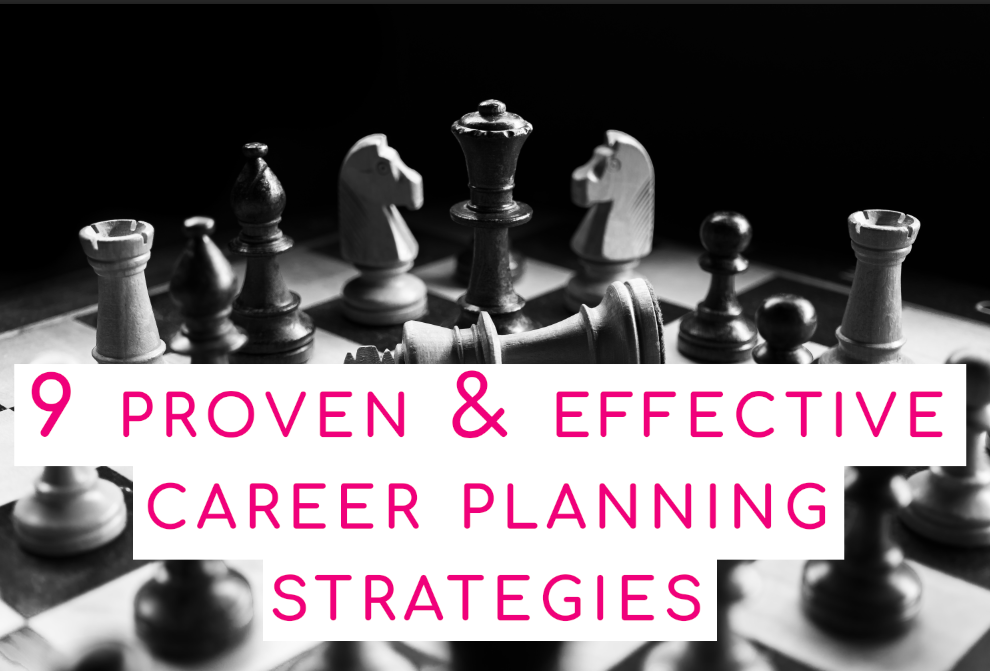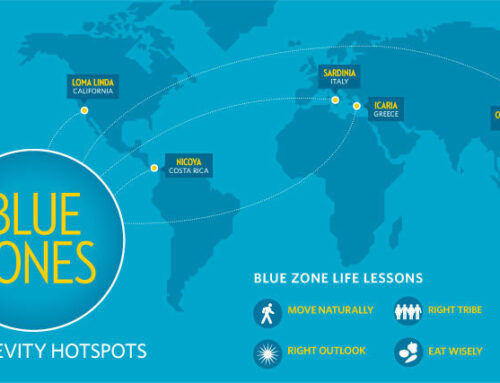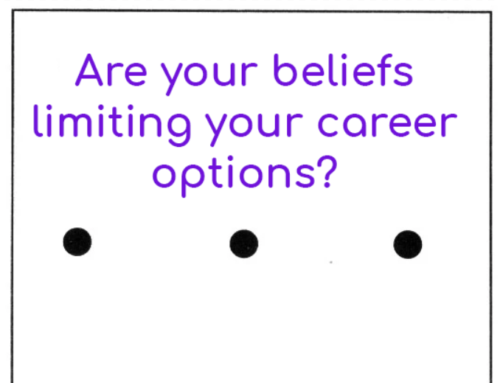If you feel your career progression to date has been caused more by random events than by your own purposeful plan, read on.
The majority of my career coaching & counselling clients regret they haven’t focused on any career planning strategies from the beginning of their career, which has led them to a place where they feel stuck, confused and directionless.
There’s no point in regretting the past. You learn, and you use this learning going forward. By sharing the career planning strategies that have produced the biggest shifts with my clients, I want to help you take charge of your career. Step by step, and starting today.
This means you’ll be in the drivers’ seat, you’ll feel a sense of direction and you can spot obstacles before they arise.
You’ll also be able to play to your strengths, and in effect, you’ll make the most out of your career.
It’s time for the first career planning strategy….
1. Your ideal world in 10 years
How can you create a plan without knowing where you want to go? Visualising the future as you would like it is the first step to take as part of your career planning strategy.
Take a big piece of paper and draw a picture of your life as you would like it to be in 10 years. You can draw a picture, a diagram, or make a collage. It doesn’t have to be pretty, and you shouldn’t spend any more than 20-30 min on it.
Then, together with a good listener (a friend, partner or a coach), talk through what the picture means to you. Is there anything in particular that pops out?
What have you emphasised, and what have you played down?
Think of 3 lessons you have learned about yourself, your dreams and aspirations, based on this picture. You’ll need to keep these lessons in mind for the next career planning strategies.
2. Create small, manageable goals
The biggest reason people don’t achieve their goals is that they don’t break down the journey into manageable steps. If the steps are too big, it causes you to be overwhelmed, which in turn causes you to be paralysed.
So break down your goals into smaller, bite-sized pieces. Doing this has the added advantage that you get to ‘cross more things off your list’, which makes you feel proud and like you have achieved something worthwhile. Positive feelings are self-perpetuating and will result in you being even more motivated.
Furthermore, you’ll spot possible obstacles ahead of the curve… Don’t be afraid to get too detailed!
3. Conduct a S.O.A.R. analysis on yourself
This stands for Strengths, Opportunities, Aspirations and Results.
In line with the strategy above about breaking goals into small steps, do exactly that for this exercise.
Set aside 15 minutes for each point, starting with ‘strengths’, and write down your answers to these questions. You could also cover one point in your lunch break, in 4 consecutive days.
Strengths
- What are you really good at?
- What do your friends ask your help on?
- What 3 activities or responsibilities from your daily life give you energy?
Opportunities
- What would you most like to develop and improve in yourself?
- What trends could you take advantage of?
- Which strengths could you turn into opportunities?
Aspirations
- What did you love doing as a child?
- Who do you admire, and why?
- If you won 10 million GBP, what would you do with your time?
- What would you like to contribute to the world?
Results
- How do you know you’re on the right track?
- How will you measure your progress? (see next strategy about milestones)

4. Set milestones
Setting milestones is a career planning strategy which is important from a psychological as well as a practical perspective.
Related to breaking tasks into smaller pieces, setting milestones is also about valuing and celebrating your achievements as you move towards your main goal. Having a positive mindset and staying motivated when things don’t go to plan is key, and milestones help you see and appreciate how far you’ve come.
Remember to celebrate even the small wins by doing something that makes you feel good.
5. Take networking seriously
If the idea of networking scares you, you’re not alone. I’ve previously written an article dedicated to networking, so feel free to check it out here.
In essence, think of networking as having meaningful conversations with like-minded people. If you’re drawn to a particular field, but can’t yet see how you’re going to make it into a living, you should seek out people who work in this field, with the simple goal to get a better feel for it.
How do these people talk about their field? Can you imagine hanging out with people like this every day? What are the future prospects? See my article for more insightful questions to ask them.
Most people are incredibly helpful and willing to share lots of useful information, as long as you’re friendly, curious and thankful for their time. Imagine if you felt passionate about something and someone wanted to know more, wouldn’t you be happy to share?
I promise you – networking is a skill you get better at the more you do it.
6. Continue learning and educating yourself
There’s no question that lifelong learning will give you an advantage over someone who puts a stop to learning. With the way technology is racing ahead, changes in most industries are happening even quicker than before.
If you invest time and money in learning, it not only keeps you excited and knowledgeable about your industry, but it means you’re always a few steps ahead when it comes to planning and reassessing your goals.
You’ll also be ready and equipped for the next stage of your career, while everyone else is still stuck in the present. If you choose carefully, it will be worth the investment.
7. Set SMART Goals
Make sure the goals you set yourself are SMART – they should be specific, measurable, achievable, relevant and time-bound.
Doing this makes it much easier and more likely for you to achieve the goal.
Specific means you should add as much detail around describing the goal as possible. Include Who, Where and What has to happen.
Measurable means you should ensure you can actually track and measure the goal – can you scale the progress with numbers for example?
Achievable means the goal shouldn’t be plucked out of thin air and be unrealistic.
Relevant means this goal should be the most important goal to you, so you don’t get sidetracked by other whims and fancy ideas.
Lastly, time-bound means there should be a specific end-point in sight, so you don’t risk pushing the steps and actions you need to take to reach the goal, into the far future.
8. Hire a Coach or get a Mentor
Having an impartial 3rd party you can be accountable to can make all the difference when things get tough. The journey towards your goal is unlikely to be a straight line, instead, it’s going to be a few steps back and a couple to the side, before you finally reach it.
A Coach or Mentor can help with the overwhelm, and can pull you out when you feel stuck in the mud. They can also help you set goals that are actually SMART.
Is there something you dread, but know you should do, like networking? A Coach or Mentor can make you overcome that fear. They can furthermore give you that edge of motivation and determination that gets you over the finishing line.
9. Regularly check in with your goals and yourself
At the start when you first set your goal, you’re full of motivation and excitement. Most likely, these feelings are going to fade and be partly replaced by other, less positive feelings.
Unless you have made it a habit to check in with yourself regularly, and keep a written record of your progress and goals, you’re likely to steer off track at some point.
Agree with yourself and note down in your diary when you should check in – monthly can be a good idea. By checking in with yourself regularly, you can see how far away you are from reaching the various stepping stones.
In order to avoid too many disappointments, I suggest anticipating some of the challenges ahead. Factor in 10-15% more time than you think you need, as well as a few actions that wont achieve the result you wanted. It isn’t possible to predict everything, but by doing this you prepare yourself for at least some of the things that go wrong.
I hope you have found these career planning strategies useful. Some might be new to you, and some might act as reminders of strategies you knew but had forgotten.
Take charge of your career today, and try out a few strategies that speak the most to you.
I wish you the best of luck.







Leave A Comment